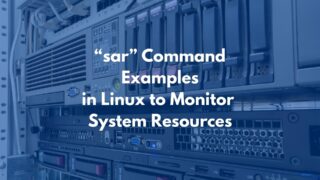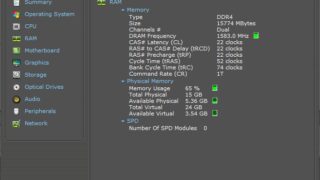How to run gui apps with root privileges on Ubuntu/Debian
In earlier days we used to have commands like kdesudo, kdesu, gksu that would easily allow us to run applications with root privileges. But these commands have been discontinued and totally removed from modern versions of ubuntu and debian many other distros. It is believed that running a gui application as root poses security threats…. Read More »






